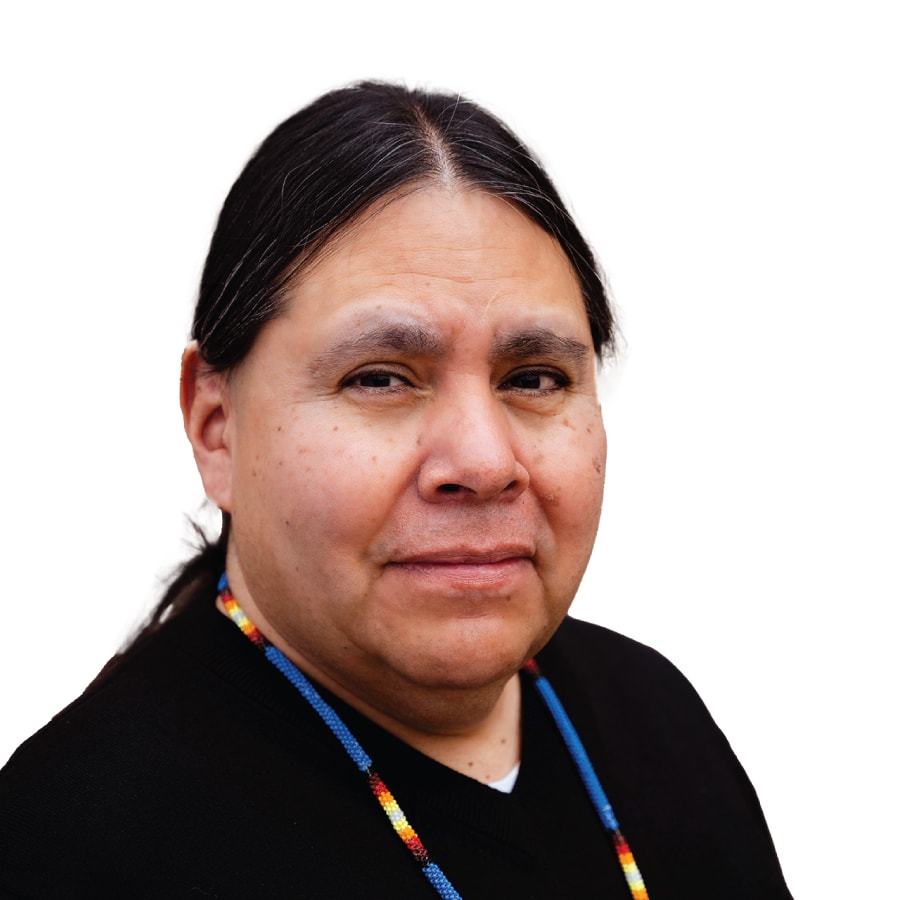Why Tip?
Dear Dr. Per Cap:
I’m a server at a restaurant and get frustrated when Native customers don’t tip. I work hard to provide good service and it’s not only insulting but tough financially when my own people stiff me. What’s up with Natives who don’t tip?
Signed, Tips Please
Dear Tips,
Although I’ve heard this complaint before, calling Native people out publicly as bad tippers is a stereotype we want to avoid. I also worked for tips back in the day and it was a common gripe among coworkers that Native people were notoriously bad tippers, even when the server was Native too. I always tried to not take it personally because some customers tipped insanely well which balanced out the stiffs.
I really don’t know why some Natives have a reputation for not tipping although I have heard friends say they don’t feel obligated to pay extra for a meal by leaving a tip. I also think there might be some confusion over the unwritten rules of tipping. You’re expected to tip a server, a food delivery driver, and a blackjack dealer for a winning hand. However, you don’t tip a mail carrier for delivering your tax refund check or a janitor for throwing out the trash. When Uber started the ride hailing revolution a few years ago they boasted a no tip policy, but later switched gears and now encourage riders to tip.
Then again maybe some Natives are just taking penny-pinching to the extreme and need to be reminded to leave a few bucks on the table after a good meal. There I said it.
I’ve also learned that people who have worked for tips tend to be good tippers themselves, probably because they understand the tough nature of many service jobs. Moreover, unless someone has worked in a restaurant they might not know that many servers are paid below minimum wage under the assumption that tips will more than make up the difference. This explains why restaurant employees who serve food earn about three times as much as their coworkers who prepare it. However, this could soon change as a new proposal to raise the federal minimum wage to $15 an hour would also eliminate a sub-minimum wage as low as $2.13 an hour for millions of tipped employees.
Not sure how I feel about that and I’m not alone. A few years ago a New York City restaurant owner started a “Hospitality Included” aka no tipping policy at his restaurants. However, the results were mixed because he lost customers when he had to raise prices so he could pay his employees more to make up for their lost tips. So a big concern with a higher federal minimum wage is that prices at all restaurants will rise or jobs will be cut as restaurants run leaner staffs to reduce costs.
While I’m certainly a fan of a livable wage I must admit I’m getting a little tired of the tipping culture encroaching on more and more services. I get annoyed when I see tip jars popping up at cash registers everywhere and I steer clear of small coffee shops and food trucks that put your charges on an iPad with a giant “Tip Me” button. Also seems like the percentage we’re supposed to tip keeps going up…15%, 18%, 20%. Where does it stop? Tip inflation is one reason I find myself eating a lot more meals at home these days.
So let’s leave it at this. Regardless of how you feel about the nature of tipping we all need to realize that for better or worse tipping your server is expected when dining out. You pay for the meal and you tip for the service. So unless your service is absolutely horrible let’s all try to show a little financial appreciation for the person who brings us our food.
Funded by First Nations with support from the FINRA Investor Education Foundation, it's important to note that the content provided does not constitute professional or financial advice, and Dr. Per Cap is not a licensed investment advisor. Questions can be directed to Dr. Per Cap at [email protected].
"I sincerely hope my work inspires others as we continue to foster economic empowerment through education, innovation and self-reliance for both present and future generations.”
Shawn Spruce, Champion of Financial and Investor Education in Native Communities, Host of Native America Calling

